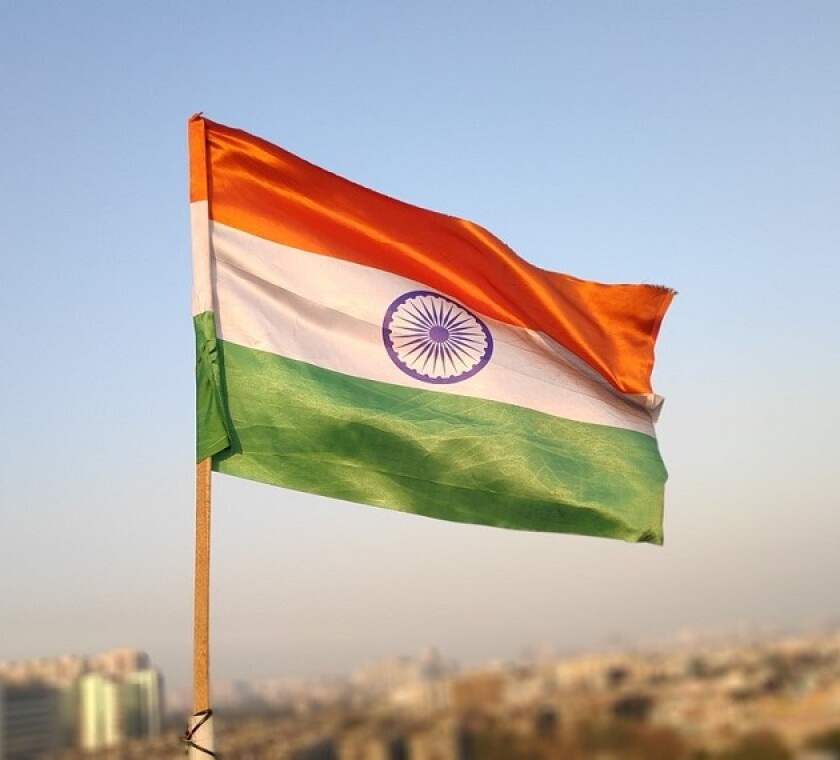Two golden rules recognised and followed in the context of international taxation are residence and source rules. Source rule, as the name suggests, allocates taxing right to the country from where the income is actually earned. India, being a developing nation, has always been in favour of taxing non-residents by applying source rule of taxation.
Source rule in the treaties varies depending upon the nature of income. In case of business income, it is linked to the level of operations carried out in India. On the other hand, in case of fees for technical services (FTS), royalty or interest, it may be linked to the location of the payer and/or the utilisation of services/property/money.
Normally, as can be expected, the source rule as provided in the tax treaty is narrower and beneficial to the non-resident taxpayers as compared to the source/nexus rule under the Indian domestic tax law. However, there can be exceptions and FTS is one such exception. Yes, you read it right. There can be situations, where FTS is taxable as per tax treaty, but not as per the Indian domestic law.
Source rule provided under the tax treaty
In most of the tax treaties entered by India, the source country, i.e. the country where the FTS arises, has been given a limited right to tax. The source rule is usually defined in the tax treaties by way of separate paragraph. In most cases, the tax treaties entered by India (such as with UK, Japan, France, Italy), the source rule is linked to the location of the payer or the PE of the payer, which bears the cost of services.
Source/nexus rule provided under Indian domestic law
Under the domestic law, as a general rule, if FTS is payable by an India resident, it is taxable in India. However, the FTS is not taxable in India if:
It is payable in respect of services utilised in a business or profession carried on by the payer outside India; or
It is payable for the purposes of making or earning any income from any source outside India (see section 9(1)(vii)(b) of the Indian Income Tax Act, 1962).
Source rule under domestic law vis-à-vis tax treaty: Which is narrower?
As per the tax treaty, if the payer is an India resident, the services will not be taxable in India only if the Indian payer has a permanent establishment (PE) outside India, and the services fees is borne by that PE. In such a situation the services will be taxable in the country where the PE is located. In all other situations, the service fees will be taxable in India.
In comparison to the tax treaty, the FTS will not be taxable under the domestic law if the services are utilised for a ‘business or profession’ outside India or earning income from a ‘source’ outside India.
For ‘business or profession’ or ‘source’ to be outside India, it is not necessary that a PE should be constituted outside India. The phrases used in the domestic law leaves scope to argue that if key business activities/functions are carried out by the Indian payer outside India or if source of income is outside India, and the services availed from non-resident are linked to such business/source, then the FTS will not be taxable in India.
See below three case studies for further understanding of this argument. These are based on ruling of tribunals/courts in India.
Case 1: Technical services availed from Japanese resident by Indian resident for starting up business operations in Japan
In such a case, as per the tax treaty, the source of FTS will lie in India since the payer is situated in India.
Under the domestic law, a position can be taken that the services have been utilised for making or earning income from a source outside India. This is because the expression used in the section can potentially cover an existing source as well as a future source of income.
There exist cases both in favour of taxpayers (see ITO v. Bajaj Hindustan Ltd [2011] 13 taxmann.com 13 (Mumbai)) and against taxpayers (see Shriram Capital Ltd v. DIT[2020] 122 taxmann.com 281 (Madras)).
Case 2: Technical services availed from Japanese consulting firm by an Indian resident for rendering services to customers outside India
In this case also, as per the tax treaty, the source of services will lie in India as the payer is situated in India.
Under the domestic law, a position can be taken that since the predominant activities generating the revenue are carried out outside India, the source of income of the Indian payer is outside India. Hence, the service fees paid to Japanese consultant is not taxable in India. The position has also been upheld in the recent case of the Tribunal (see Chander Mohan Lall [TS-1123-ITAT-2021(DEL)).
Case 3: Technical services availed from Japanese resident by Indian resident for goods manufactured in India and exported to customers in Japan
In this case, the source of receipt of Indian resident can be said to outside India, i.e., in Japan (see Device Driven India Pvt. Ltd v. CIT [2021] 17 ITR-OL 69 (Ker)). This will be the case especially if no major activities are undertaken in India. For instance, if FTS is being utilised by the Indian resident for sale of goods manufactured outside India (for example, China) to a Japanese customer.
However, if the majority of the business activities generating sales are undertaken in India, the source of income can be said to be in India. Accordingly, the FTS paid to the Japanese resident in relation to the business will be taxable in India. The courts have also held against the assessee (see CIT v. Havells India Ltd. [2012] 21 taxmann.com 476 (Delhi)).
Careful analysis required
As can be seen from the above analysis, there are situations where the source/nexus rule as per Indian domestic tax law may be narrower and more beneficial to the taxpayers as compared to the source rule provided in tax treaties.
A careful analysis of the facts and circumstances in each case may be required to conclude on the tax liability in India. Moreover, the above analysis in the context of FTS is equally relevant and applicable even for royalty and interest, for which similar source rules exist in Indian tax law.
S VasudevanExecutive partner, Lakshmikumaran & SridharanE: vasudevan.s@lakshmisri.com
Harshit KhuranaPrincipal associate, Lakshmikumaran & SridharanE: harshit.khurana@lakshmisri.com













